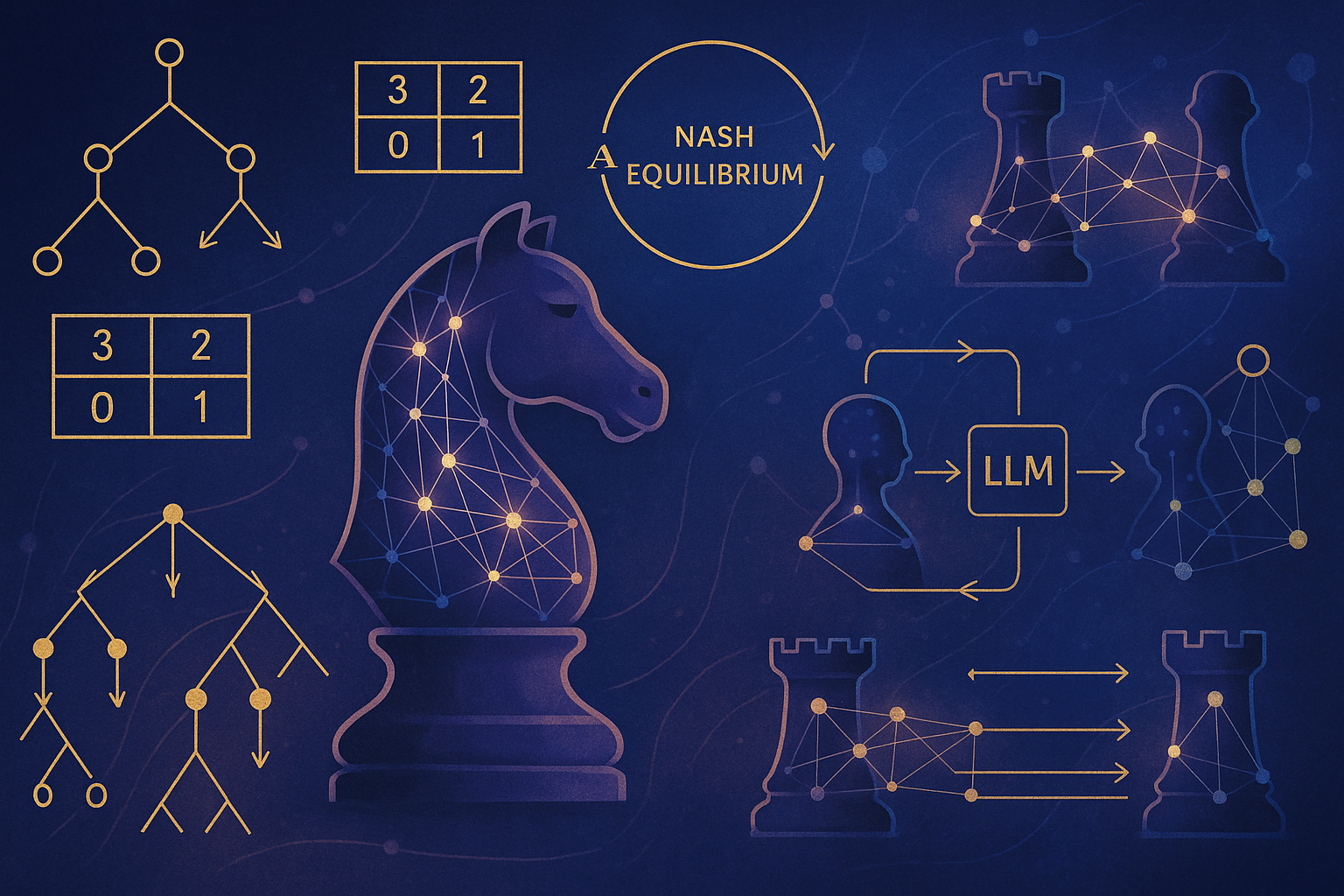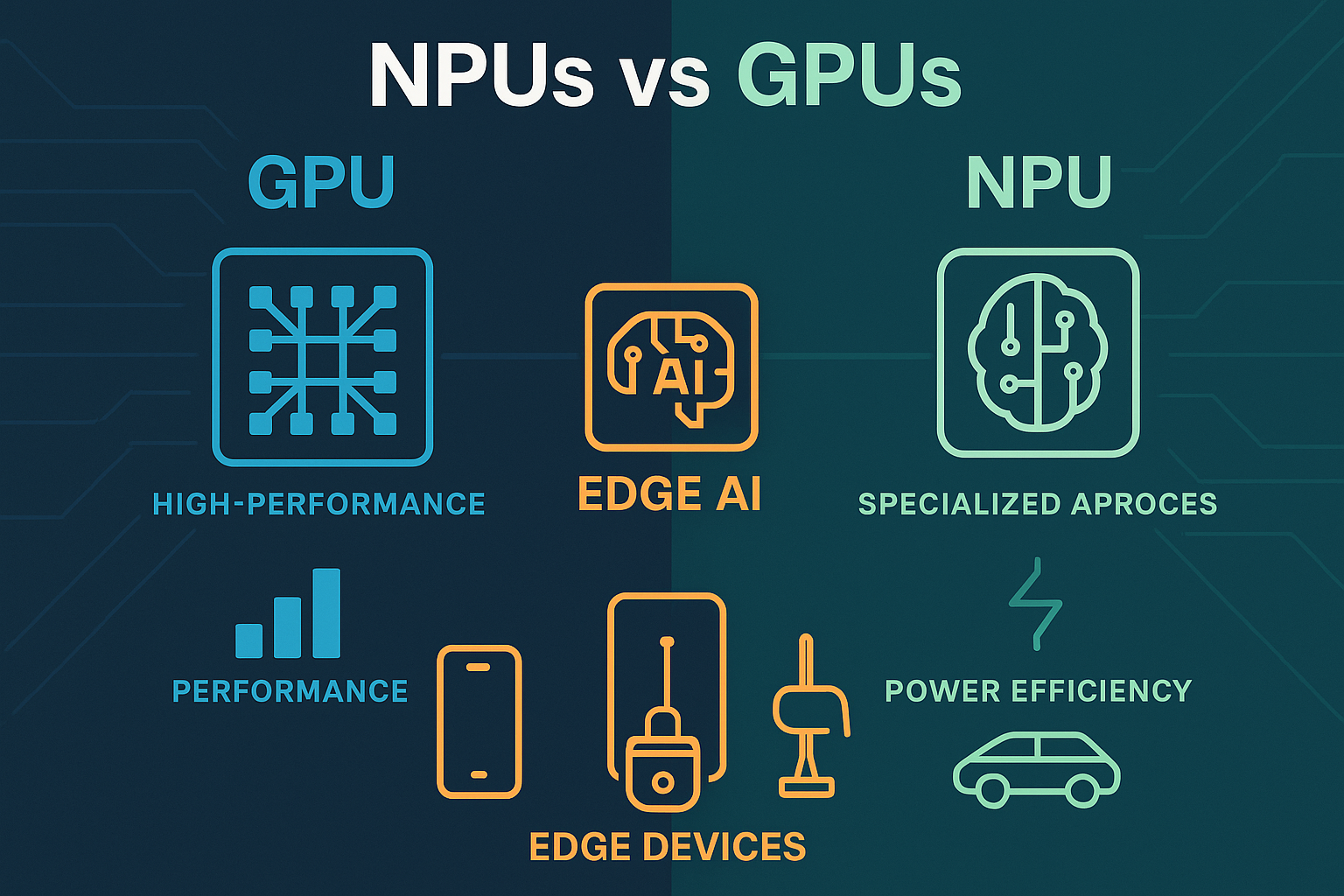Table of Contents
For years, Test-Driven Development (TDD) has been a cornerstone of quality software development. The mantra of “Red-Green-Refactor” – writing a failing test before writing the actual code, then making the test pass, and finally cleaning up the code – has guided countless developers towards more robust, maintainable, and well-designed systems. But the development landscape is shifting rapidly. The rise of sophisticated AI code assistants, capable of generating code snippets, suggesting solutions, and even writing entire test suites, begs the question: Is TDD still relevant, or is its role evolving?
The Classic Appeal of TDD
Before we dive into the AI aspect, let’s remember why TDD became so popular. Its benefits are multi-faceted:
- Improved Design: Writing tests first forces you to think about how your code will be used and to design more modular, decoupled components. If it’s hard to test, it’s often a sign of a design flaw.
- Reduced Bugs: Catching errors early in the development cycle is significantly cheaper and easier than fixing them in production. TDD provides a safety net, ensuring that new features don’t break existing functionality.
- Living Documentation: Well-written tests serve as executable documentation, clearly illustrating how different parts of the system are intended to work.
- Developer Confidence: A comprehensive suite of passing tests gives developers the confidence to refactor and make changes without fear of unknowingly introducing regressions.
- Focus and Clarity: The TDD cycle encourages small, focused steps, helping developers concentrate on one piece of functionality at a time.
Enter AI: The New Kid on the Block
AI code assistants, powered by large language models (LLMs), are changing the way developers write code. They can:
- Generate boilerplate code.
- Suggest autocompletions.
- Translate code between languages.
- Explain complex code snippets.
- And, crucially, generate test cases.
Given that a significant part of TDD involves writing tests, it’s natural to wonder if AI can simply take over this task. If an AI can analyze your code (or your intended functionality) and spit out a comprehensive set of tests, does that diminish the need for the “write tests first” discipline of TDD?
Still Relevant? Or Evolving?
The short answer is: TDD is still highly relevant, but its practice is likely to evolve in partnership with AI.
While AI can be incredibly powerful in generating test code, it doesn’t inherently possess the deep understanding of requirements or the design foresight that a human developer brings to the TDD process.
Here’s why TDD’s core principles remain vital:
Driving Design: The most crucial aspect of TDD isn’t just having tests, but writing tests first to drive the design of your software. This “test-first” thinking forces you to define clear interfaces and consider usability from the outset. An AI might generate tests for existing code, but it doesn’t typically lead the design process in the same way a developer practicing TDD does. The act of thinking about the test forces a deeper level of requirement understanding.
Understanding Requirements: Crafting a failing test requires a developer to deeply understand the requirements and translate them into a concrete, testable scenario. This initial intellectual effort is critical. While an AI can generate tests based on a prompt or existing code, it’s still relying on the developer’s interpretation and articulation of those requirements.
The “Thinking” Process: TDD is as much about the thinking process and the feedback loop as it is about the tests themselves. The deliberate cycle of Red-Green-Refactor fosters a methodical approach. AI can accelerate parts of this cycle (e.g., generating the test code once the scenario is defined), but it doesn’t replace the developer’s critical thinking and design decisions.
Beyond Unit Tests: TDD principles can apply beyond simple unit tests to integration and even acceptance tests. While AI can assist here, the strategic thinking about what to test and how different components should interact still benefits immensely from the TDD mindset.
TDD and AI: A Powerful Partnership
Instead of viewing AI as a replacement for TDD, we should see it as a powerful enhancer. Here’s how they can work together:
- Accelerating Test Creation: Once a developer has defined the intent of a test (the “Red” phase), an AI assistant can help generate the boilerplate test code much faster. This allows the developer to focus more on the what and why of the test, rather than the how of writing it.
- Suggesting Edge Cases: AI can be excellent at identifying potential edge cases or generating variations of tests that a developer might overlook, leading to more comprehensive test coverage.
- Assisting with Refactoring: After tests are passing (“Green”), AI tools can suggest refactoring improvements or help implement them more efficiently.
- Learning and Adapting: As developers use AI to write tests, the AI models themselves can learn preferred testing patterns and styles within a team or project, further streamlining the process.
The Future is Collaborative
Test-Driven Development, at its heart, is a discipline that encourages thoughtful design and robust software. AI code assistants are powerful tools that can augment and accelerate the work of developers. The future isn’t about choosing one over the other; it’s about leveraging the strengths of both.
TDD’s emphasis on upfront thinking, clear requirements, and iterative design remains invaluable. AI can help us execute the mechanics of TDD more efficiently, freeing up developers to focus on the higher-level architectural and problem-solving aspects. So, is TDD still relevant? Absolutely. Is it evolving? Yes, into a more powerful, AI-assisted practice.







Start the conversation